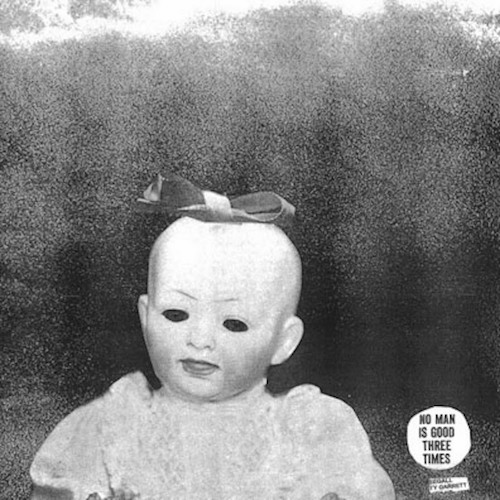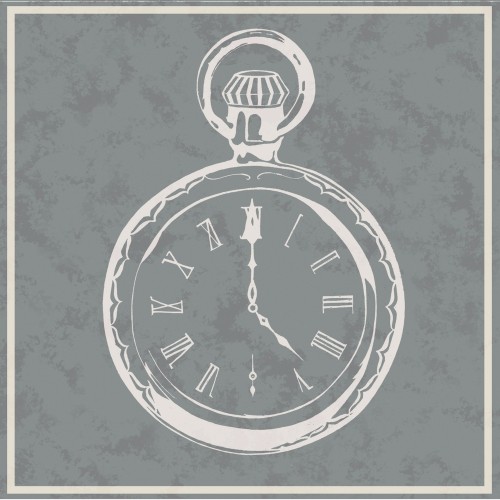 Release Date: November 5, 2013
Release Date: November 5, 2013





The original The Marshall Mathers LP is widely regarded as one of the best albums in hip hop history, and is easily among Eminem’s best work. Now, with the release of The Marshall Mathers LP II, one might logically determine that Eminem is striving to emulate his phenomenally successful third studio album.
And emulate he did, sort of. MMLP2 does everything within its power to replicate the original’s ferocity and chiding wit, but falls critically short where it truly counts: cultural substance and pop relevance.
So if that’s the case, what was it about the first LP that garnered so much acclaim?
The production was excellent, of course. The record was cohesive and fluid through all 18 tracks, raunchy sketches included.
Musically minimal, the record left plenty of breathing/shouting room that Marshall Mathers III (Em’s actual name) utilized to rap his way through a lifetime-spanning gallery of troubles and tribulations— including but not limited to drugs, poverty, fame, wealth, drugs, violence, misogyny, abuse, drugs, and his newfound bully pulpit that came with making it big, circa 2000. And, man, the guy could rhyme.
So it makes sense that The Marshall Mathers LP would be a piece to revere and revisit, particularly for the 41-year-old artist in question—who’s eight years past the release of his “greatest hits” compilation, Curtain Call: The Hits.
For a rapper as lauded as Eminem, expectations are apparent for such a record.
It’d be easy to write a sub-par studio album (see: his last two), slap a nostalgic title on the cover, tie it in somehow with the new Call of Duty video game, and see what happens come release day.
But he’s always been far more self-aware than that—it’s what makes him one of the greatest musical artists of all time, genre notwithstanding—and he’s historically been able to translate that shrewdness into music.
His self-awareness is brought to light on “Bad Guy,” the opening track on The Marshall Mathers LP II, on which Eminem takes the persona of Matthew Mitchell, the younger brother from “Stan,” an acclaimed single from the first LP.
“I’m the bad guy who makes fun of people that die, and hey, here’s a sequel to my Mathers LP just to get people to buy,” he raps, acting as Mitchell, who is in turn mocking his former idol.
With purposeful ambiguity, Eminem leaves much of the point-of-view up for listener interpretation, until the song’s content becomes morbidly clear: Stan’s younger brother intends to take vengeance, and Em’s story isn’t over yet.
Throughout the album, Eminem echoes dark sentiments similar to those found in The Marshall Mathers LP, but a few things are missing.
One thing that couldn’t be successfully recreated on MMLP2 is Eminem’s ability to stand as the target of an international media firefight and deflect any shots in his work.
His sophomore studio album, The Slim Shady LP, was filled with his soon-to-be-trademarked brand of debauchery, and propelled him into infamy faster than he was ready for.
In writing the responsorial record that The Marshall Mathers LP was, Eminem had so much ground he could cover—stories he hadn’t yet told, messages he wanted to send, and, most importantly, rebuttals to deliver against the hypocritical culture that had both exalted and ostracized him. All this was done (and more) via his signature flow, masterful lyricism, and unmatched creativity.
That was a long time ago. Hip hop isn’t a fringe genre anymore, but recognized as a legitimate form of expression rather than something “the kids listen to.”
Sure, rappers can still be shocking today, but Eminem’s novelty wore off at some point in the 2000s, and it seemed as though he lost what had made his whole act so impressive.
MMLP2 just can’t quite pinpoint the notorious energy that once polarized the music world.
Most of the tracks are enjoyable enough, though redundancy seems to be a common theme in songs like “Rhyme or Reason,” “Brainless,” “Asshole,” and “Evil Twin,” to name a few— Eminem revisits dried-up subjects like his family, upbringing, and struggle with fame, but fails to make them interesting again.
Production-wise, MMLP2 continues the trend in his music of embracing a maximal, pop-based sound. There’s greater emphasis on hooks and choruses, both of which might prove distracting in certain places. The beats, overall, are creative, and more often than not they succeed as an organic foundation for Em’s rhymes. Not that the album is free of cringe-inducing material.
In the country rock-infused jam “So Far…,” Eminem reveals his apparent technophobia by discussing his frustration with new gadgets and his failure to understand Facebook— one gets the sense he might as well call the track “I’m Old.”
And in fact, that’s not such a bad idea elsewhere. The album doesn’t pack the same punch as its predecessor because, well, it’s been 13 years. Em’s still got one of the sharpest tongues in the rap game, but he’s nearly run out of things to talk about.
MMLP2 is good. It’s very good. But in comparing himself to something he was over a decade ago, Eminem cripples himself by allowing his differences to upstage any similarities.
Eminem – The Marshall Mathers LP II tracklist:
- “Bad Guy”
- “Parking Lot (Skit)”
- “Rhyme or Reason”
- “So Much Better”
- “Survival”
- “Legacy”
- “Asshole (feat. Skylar Grey)”
- “Berzerk”
- “Rap God”
- “Brainless”
- “Stronger Than I Was”
- “The Monster (feat. Rihanna)”
- “So Far…”
- “Love Game (feat. Kendrick Lamar)”
- “Headlights (feat. Nate Ruess)”
- “Evil Twin”


